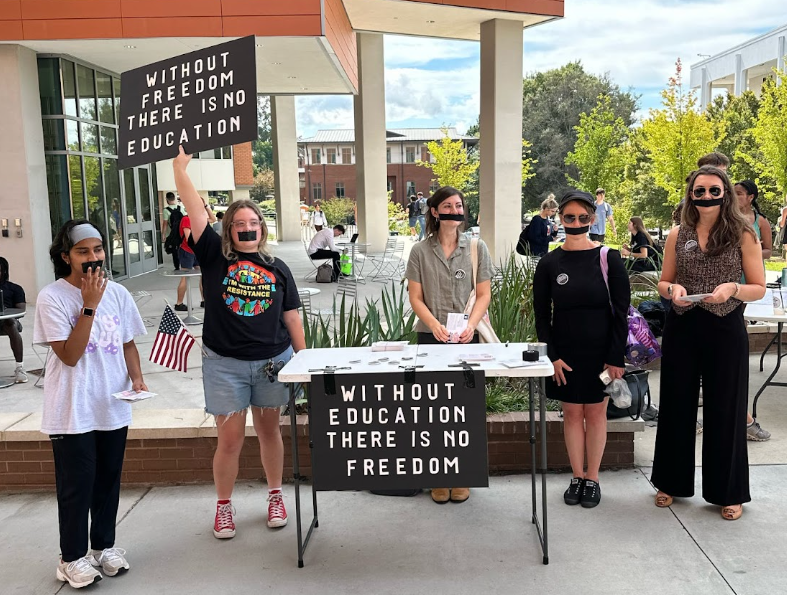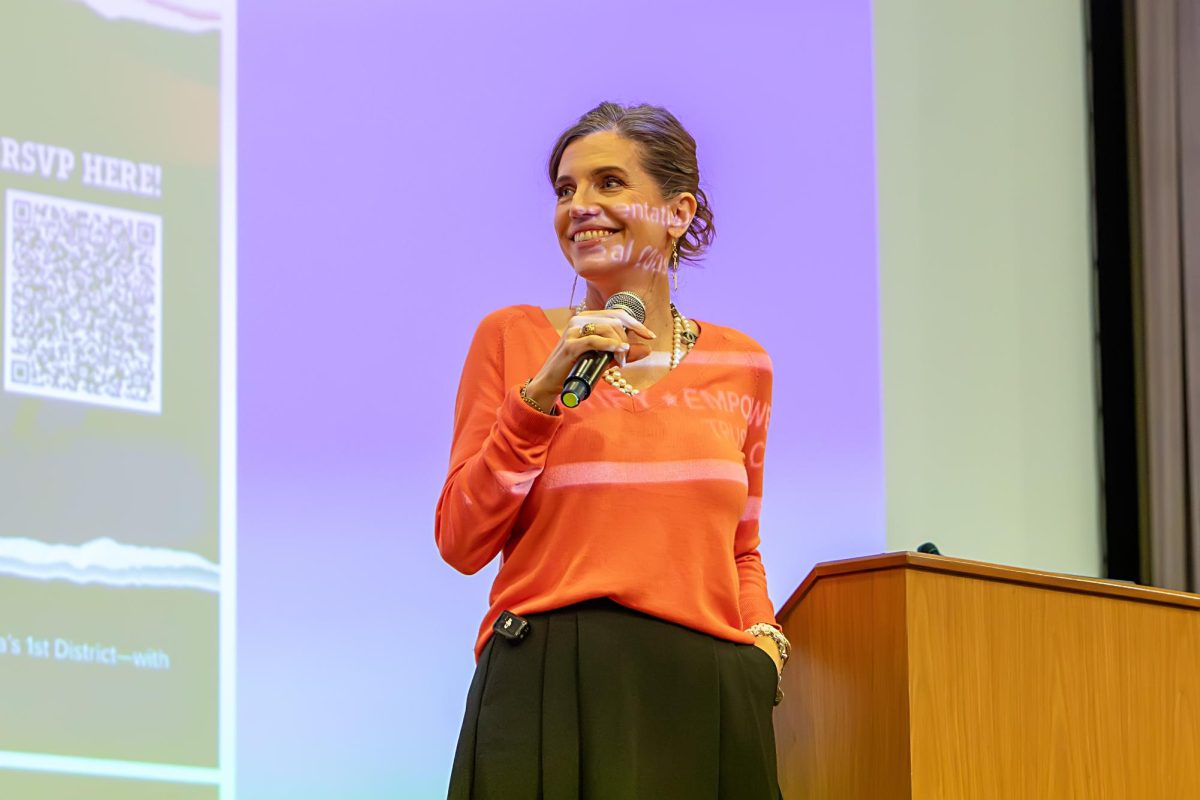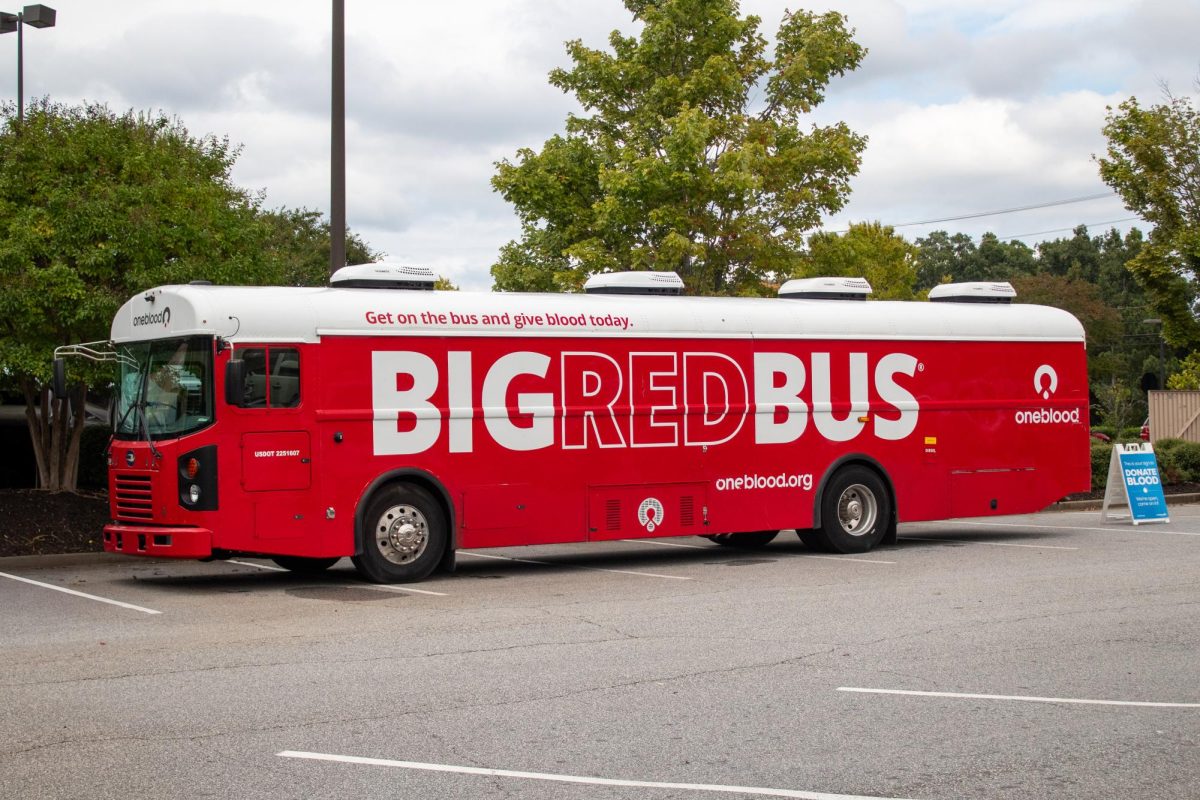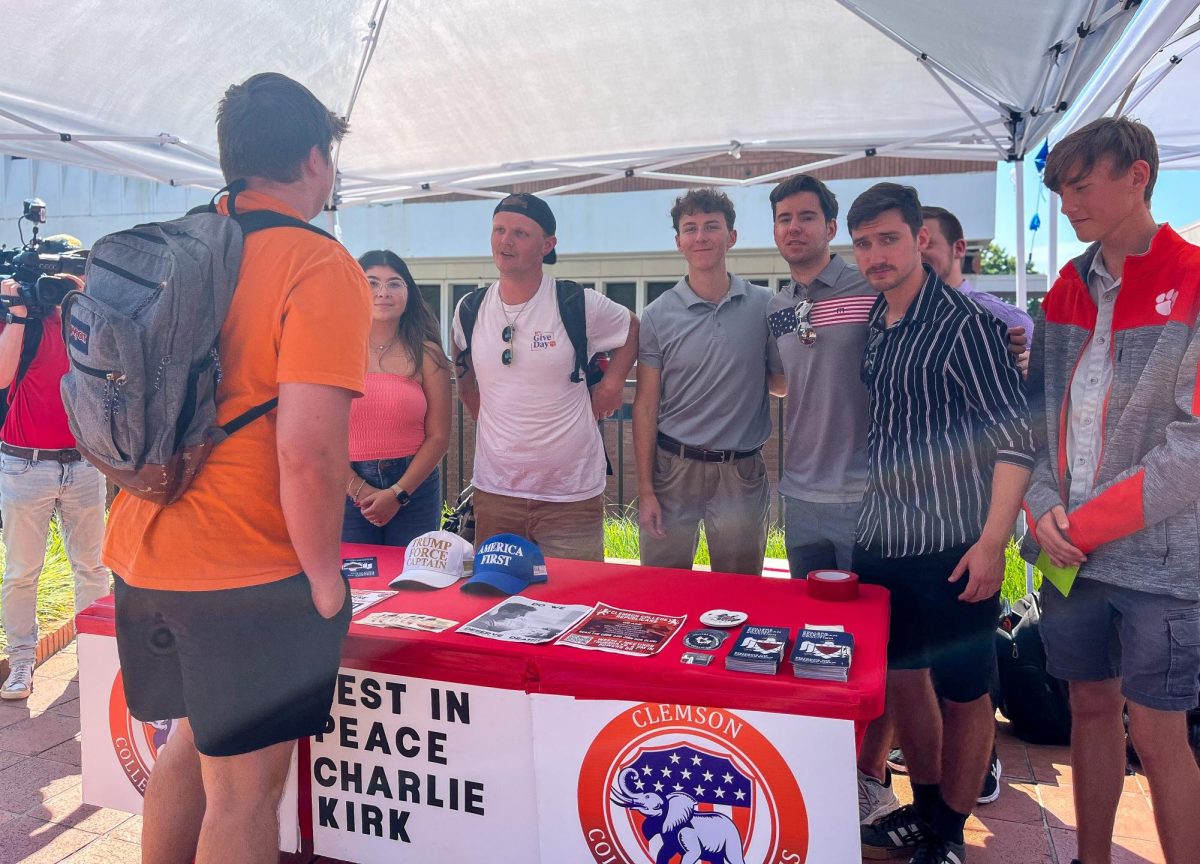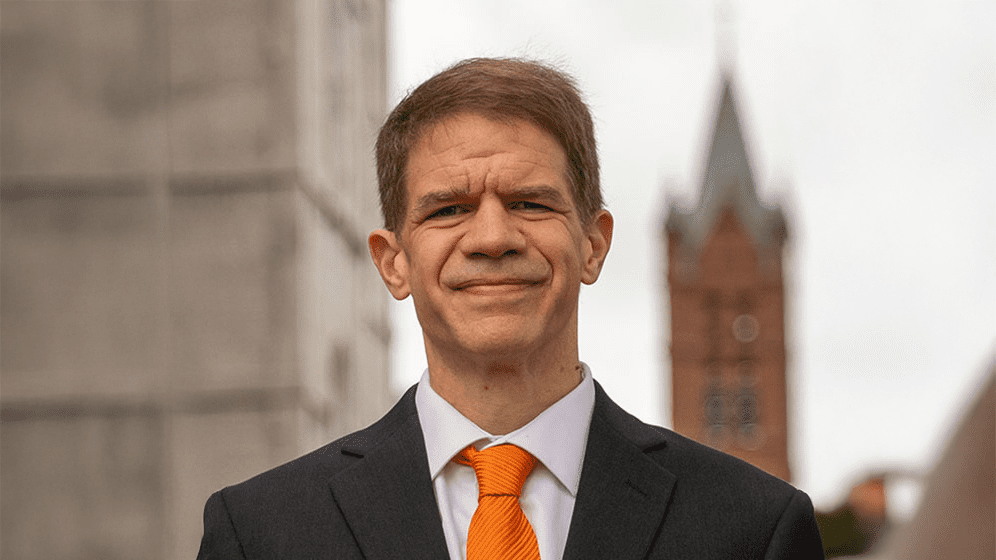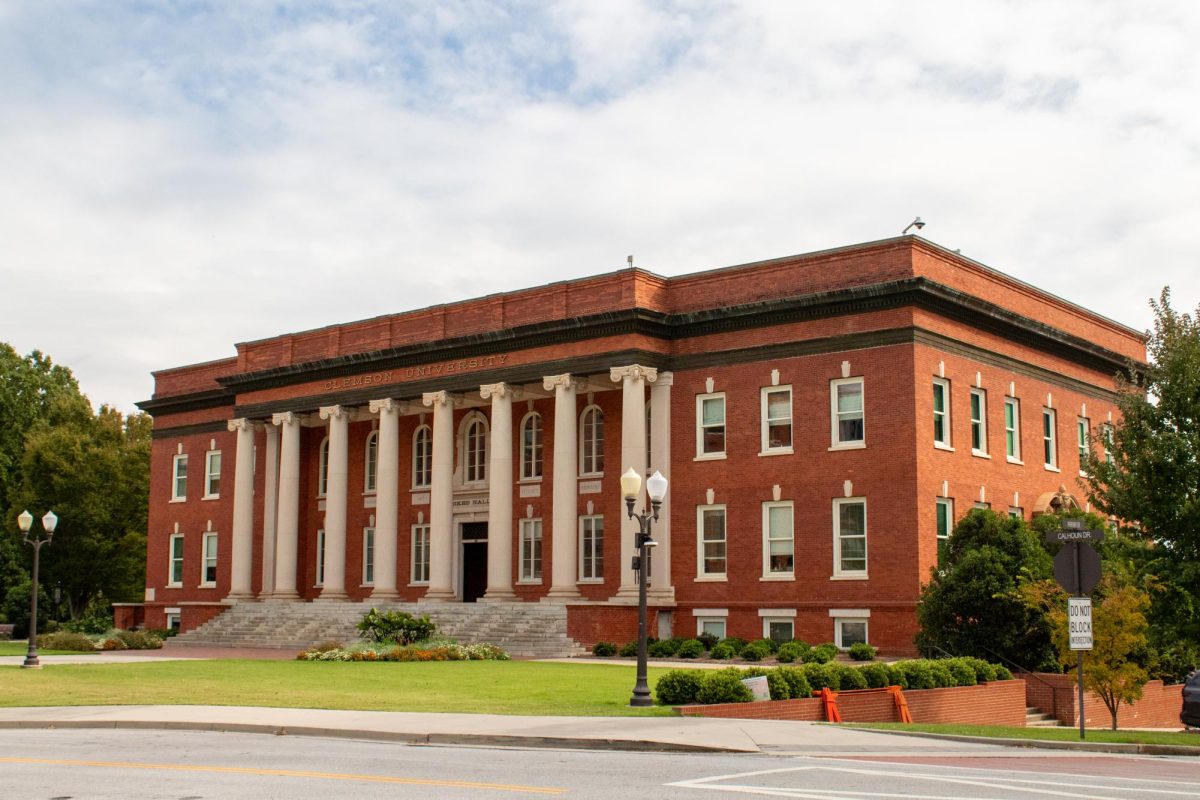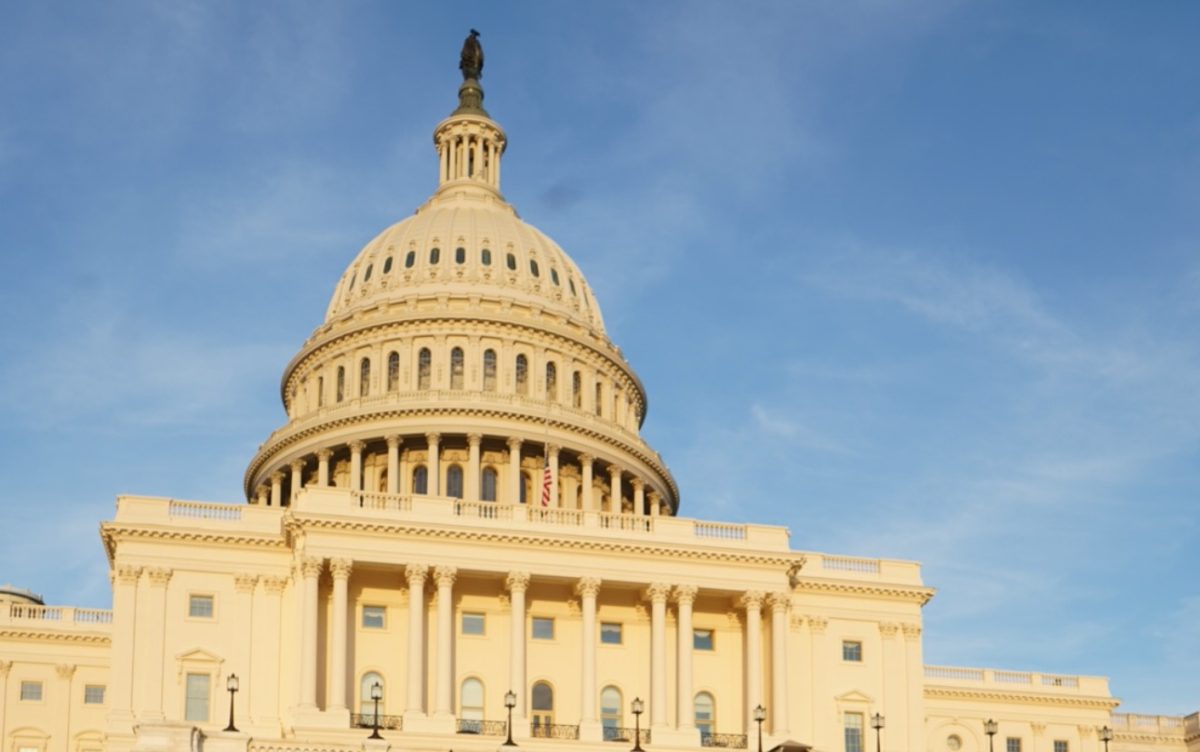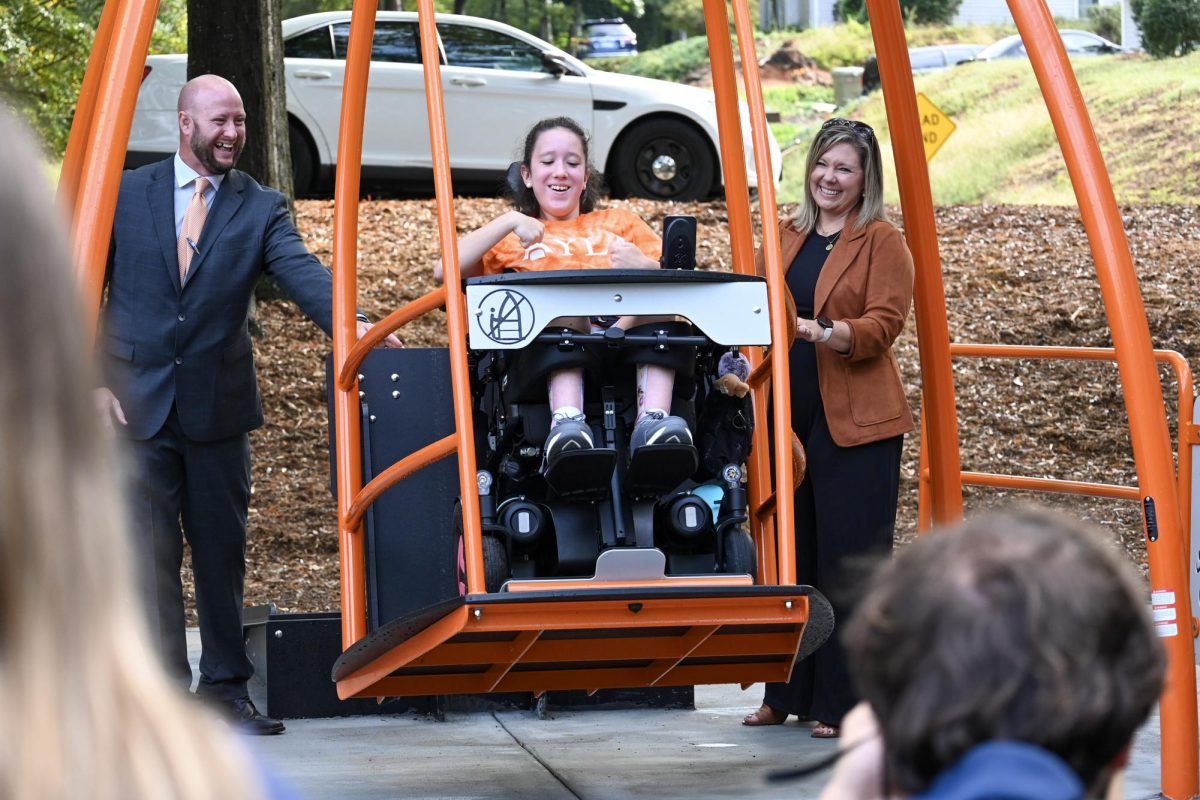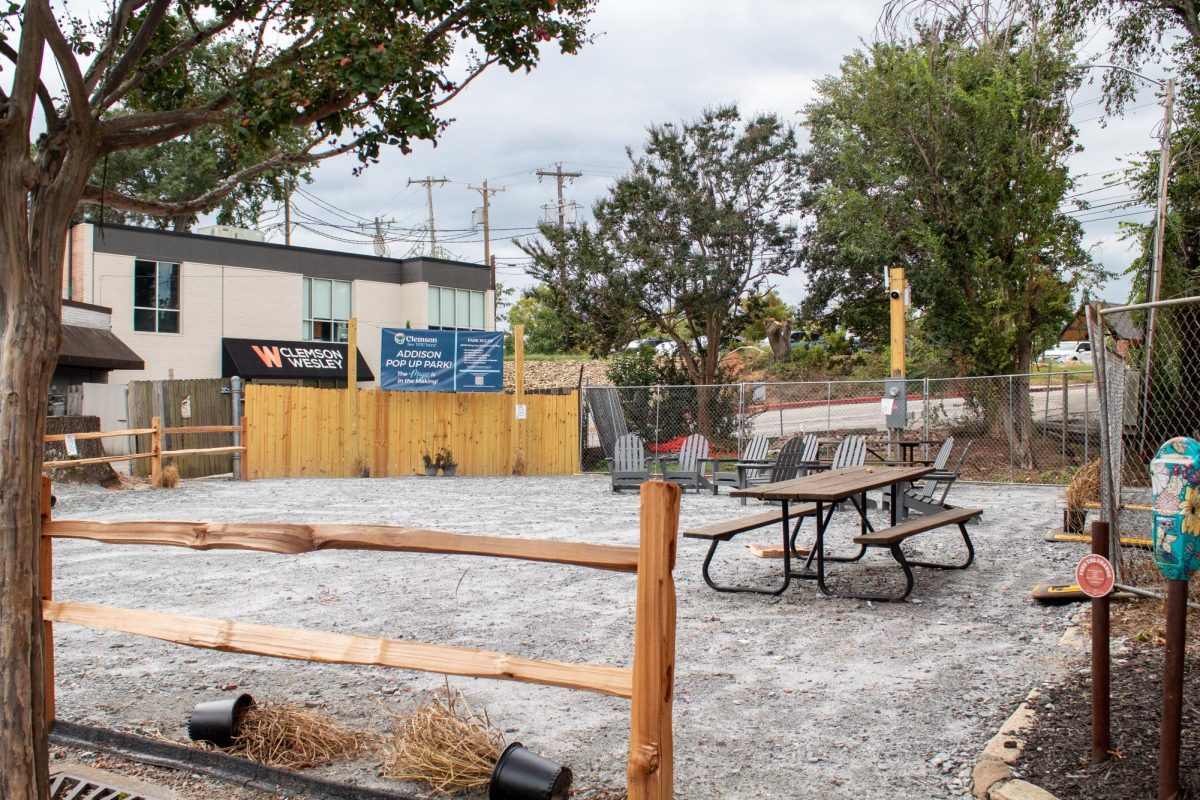Clemson University’s most recent Security and Fire Safety Report revealed that CUPD arrests on drug law violations doubled from 2019 to 2020. It also showed a 56.6% increase in liquor law violations in the same time period. Of all offenses in the report, there are overwhelmingly more cases of drug and alcohol law violations than any other crimes.
CUPD reported 72 arrests on drug law violations in 2019 and 146 arrests in 2020. According to the report, “drug law violations” can be a number of things.
“Violations of state and local laws relating to the unlawful possession, sale, use, growing, manufacturing and making of narcotic drugs,” said the report. “The relevant substances include: opium or cocaine and their derivatives (morphine, heroin, codeine); marijuana; synthetic narcotics (Demerol, methadone); and dangerous non-narcotic drugs (barbiturates, Benzedrine).”
At the same time, there was a significant increase in arrests for liquor law violations, which are defined as “The violation of laws or ordinance prohibiting the manufacture, sale, transporting, furnishing [and] possessing of intoxicating liquor (Drunkenness and driving under the influence are not included in this definition.).”
Why did these cases increase so drastically? Joe Galbraith, Clemson’s Associate VP for Strategic Communications, has many different potential causes.
“In broad terms, COVID-19 certainly restricted the activities of students off campus and especially downtown, so there were more incidents of use of alcohol in University spaces,” said Galbraith. “Additionally, information around the country (and we have experienced here) suggests that due to the stress and anxiety created by COVID-19 – along with restrictions on individuals and groups, the use and abuse of alcohol and other substances has increased.”
He also said that the biggest change is the uptick in non-students they arrested, as there were only nine more cases of students being arrested (61 in 2020 and 52 in 2019). However, 110 of these arrests were of non-students, compared to only 20 in 2019.
Galbraith also said that CUPD has increased traffic stops dramatically, which is where many of these cases come from. “Specific to CUPD, officers have increased their proactive traffic enforcement efforts to increase roadway safety,” said Galbraith. “Which led to an increase in drug recoveries during traffic stops.”




